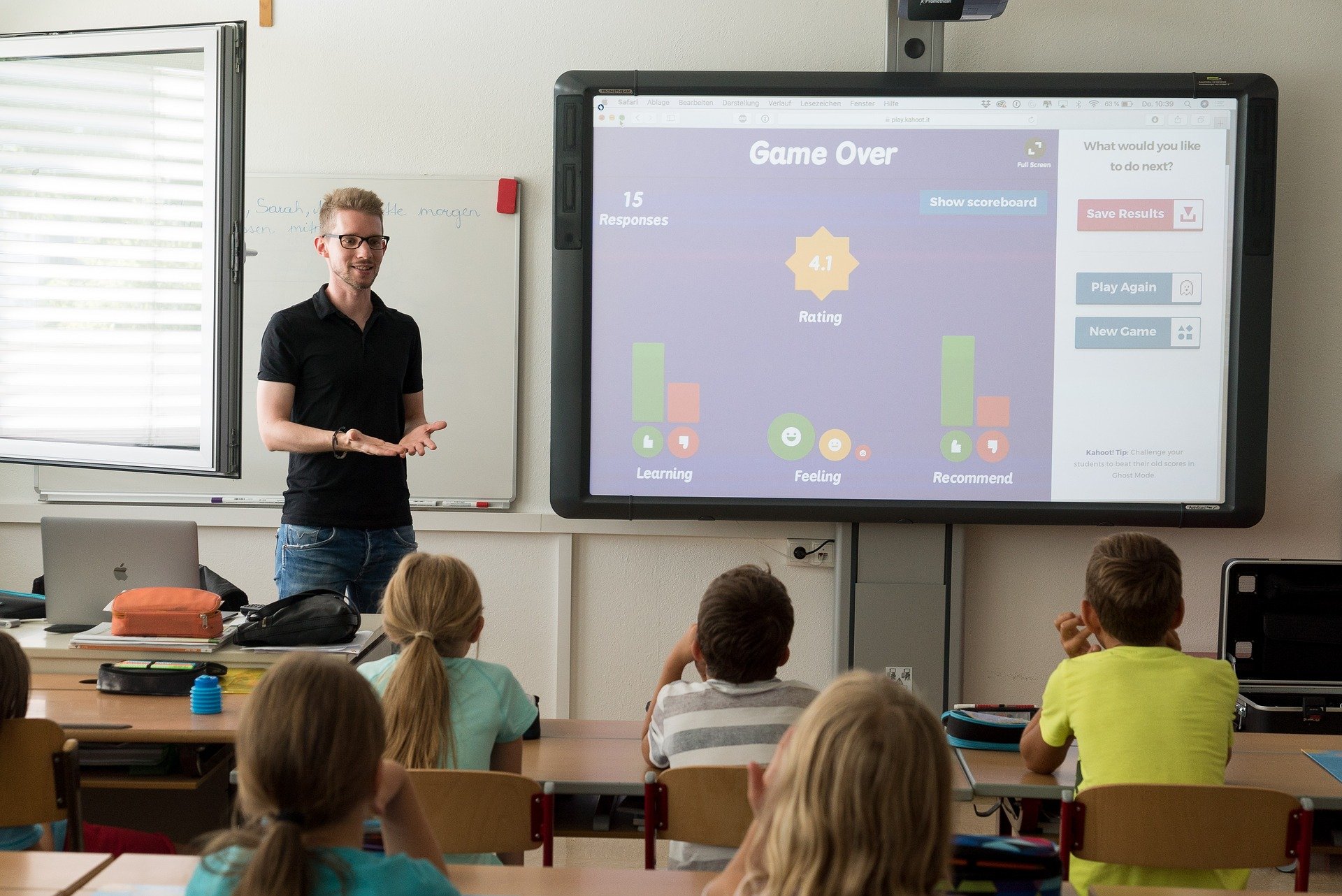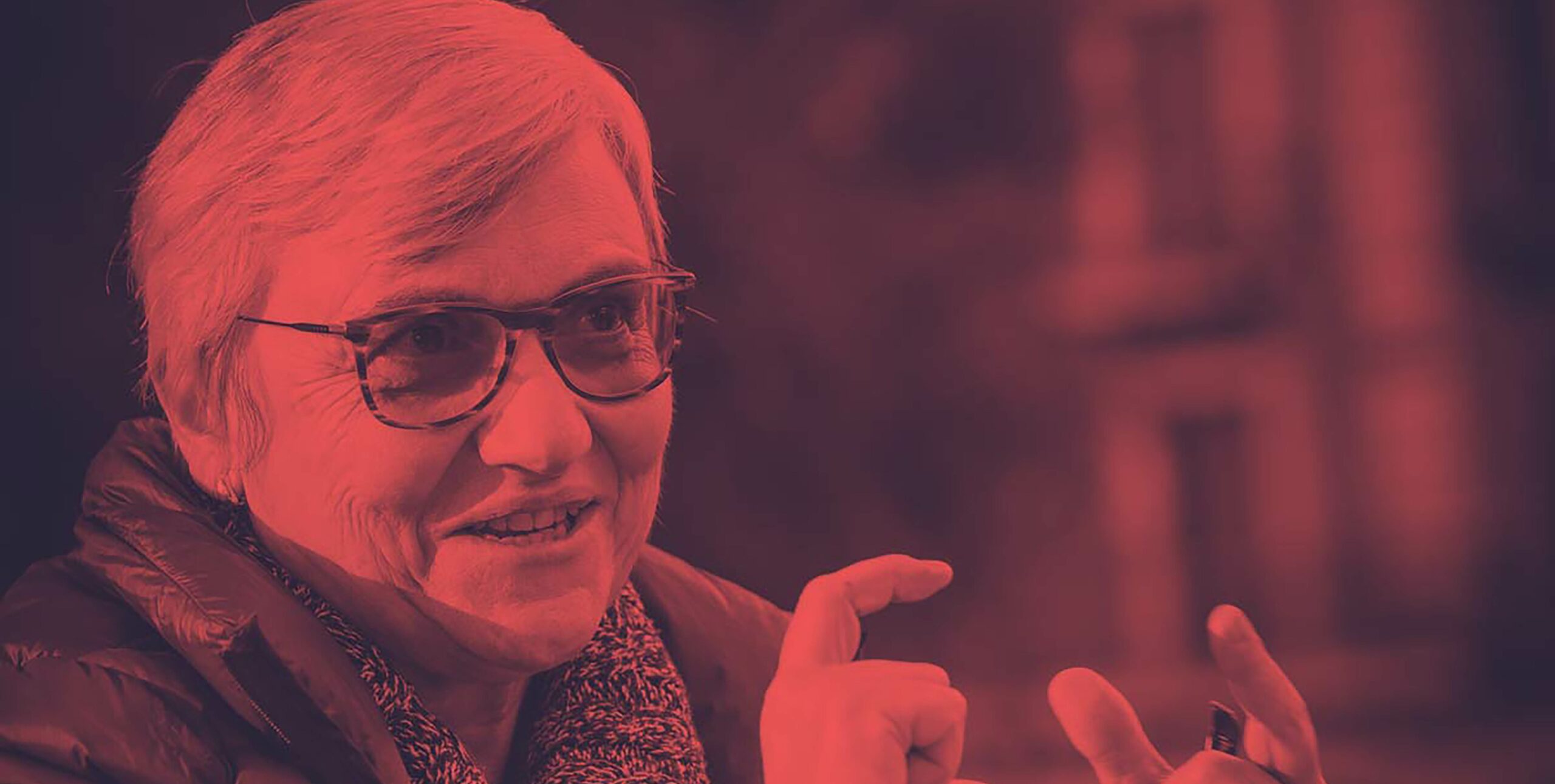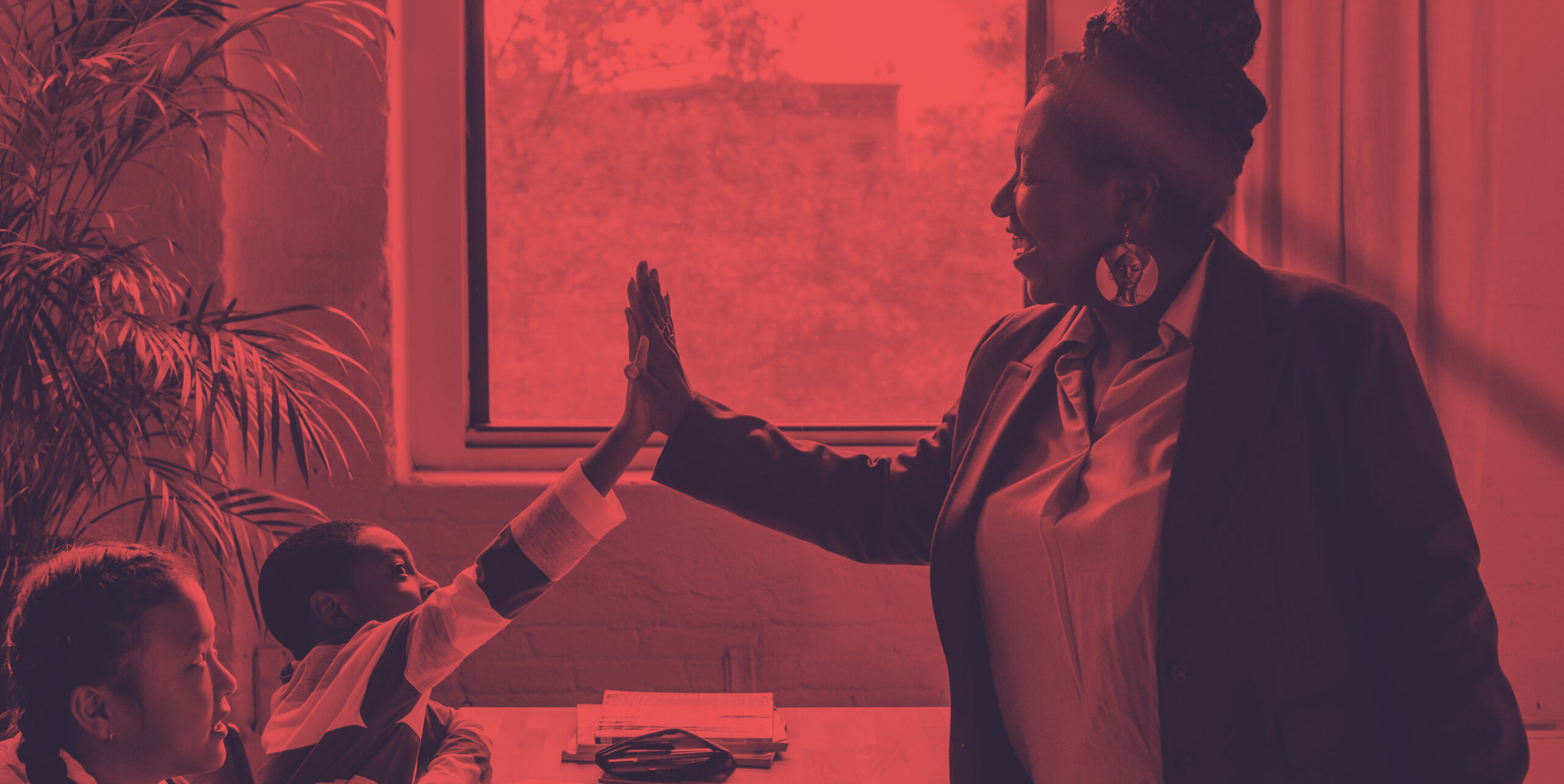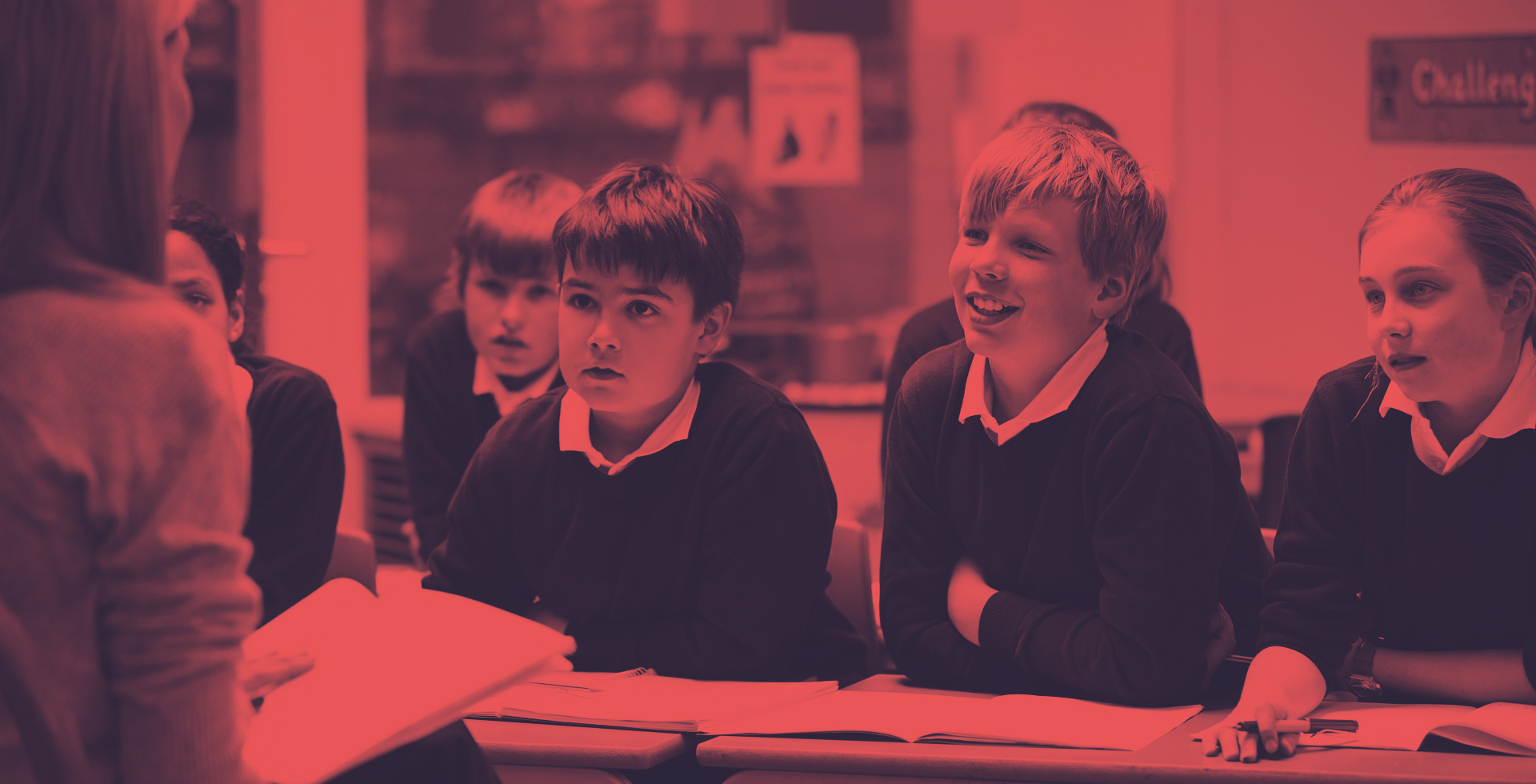A second aspect has to do with the acquisition of those skills and techniques of intellectual work that facilitate autonomous learning and the intelligent search for the necessary information in order to solve small challenges, problems or cases that make interdisciplinary work of the different fields of knowledge (linguistic, mathematical, knowledge of the natural and social environment, etc.).
A third axis to work on would be digital and personal competencies worked on in a cross-cutting manner.
Assessment should be the final block to be configured: being understood as a process that regulates learning and not as a qualification. This aspect should be reserved for the end when it is necessary to certify that the intended objectives have been achieved.
Overcoming dichotomies
Knowledge and skills
It is generally accepted that we live in a knowledge society, i.e., a knowledge that should be used beyond its storage in our heads. This statement does not mean that we should dispense with long-term memory since it is the one that allows us not to burden our working memory. To me, it has not been demonstrated that factual knowledge (learning facts), for example, is opposed to a competency-based approach to the curriculum. I do not find it productive to contrast such concepts. I consider illustrative the comparison in an article written by Jaume Trilla[5] about the expository master class and the active master class. Both processes have their virtues and shortcomings, but especially the latter is compatible with what we now call learning by doing or other methodologies currently emerging. I am afraid that many who encourage mainly oral presentations teaching-based lessons maintain at the same time that the best way for their students to learn relies upon themselves transmitting knowledge. And we are then demonstrating it in traditional exams if you like.
In Catalonia, the application of the competency-based curriculum in compulsory education began in 2008, based on the LOE (2006). It identifies eight essential competencies and incorporates them into the curriculum. A broad consensus defines competencies as the ability to use the skills, knowledge, and know-how acquired and incorporated throughout our lives and apply them in everyday situations and specific contexts. According to this, there is no overwhelming incompatibility between competencies and knowledge, in my opinion.
Historically, we have distinguished two types of knowledge: theoretical and practical. The first focuses on all the information that allows us to know the world around us; the second has more to do with know-how in interaction with the natural, social, cultural, etc., environment. I understand that there is no opposition but complementarity between the two concepts.
Theory and practice
We often come across educational professionals who contrast the theoretical framework with daily classroom practice as if they were opposing fields. What teacher is there who does not base their practice on some theoretical postulate? To act in this way would denote a certain lack of professionalism since we cannot fall into the simplification that theory is not practice and vice versa. Suppose there is interference between the two fields. In that case, it is undoubtedly due to the different interpretations of the meaning of terminology, which is constantly changing. Concepts have the force they have, but by themselves, they do not bring about any change, let alone educational innovation. We need to work towards regaining trust between the teaching profession and scientific, academic research.
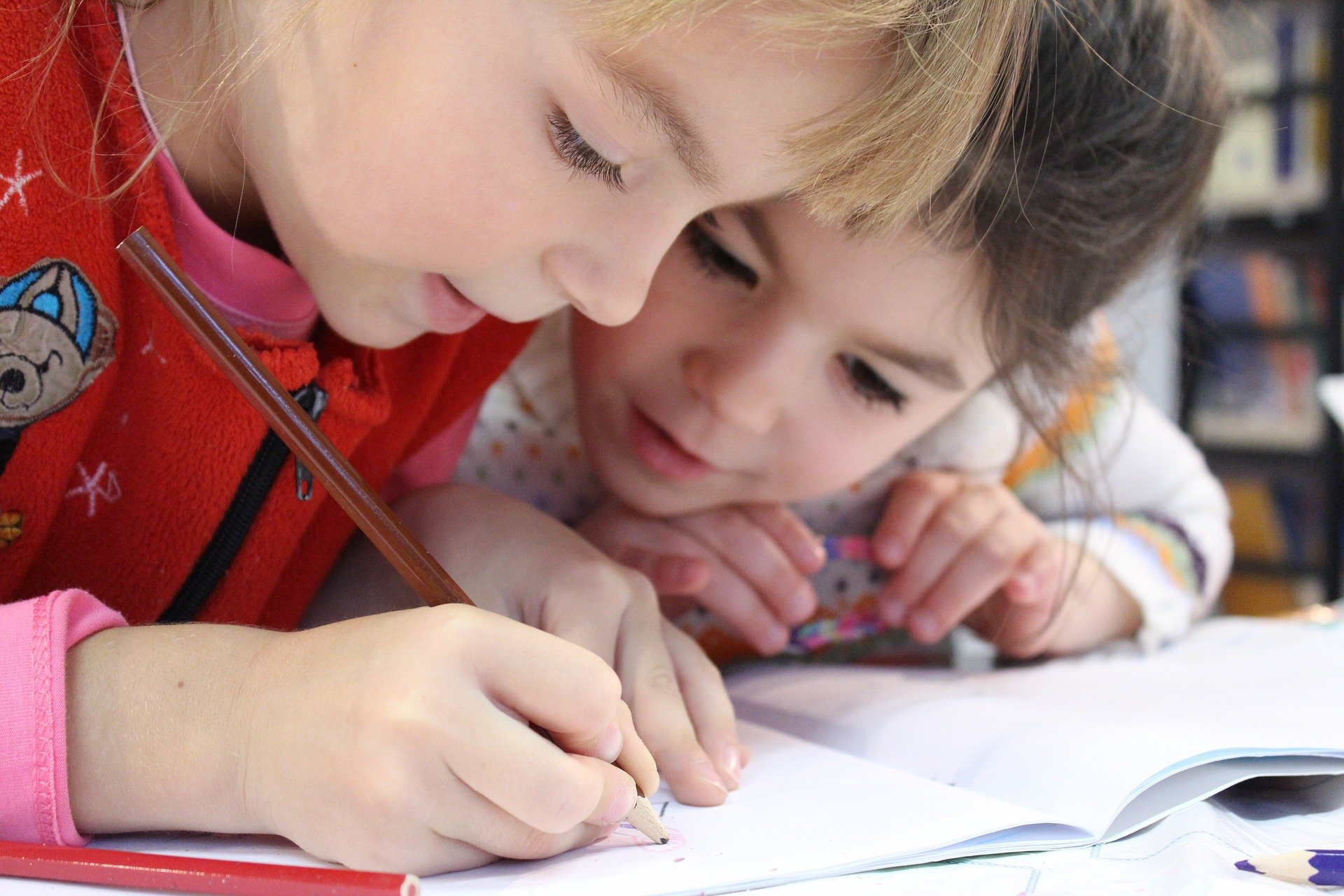
We need to work towards regaining trust between the teaching profession and scientific, academic research
As a concept, the classroom space is the meeting point between what the educational administrations prescribe, plus each centre’s educational project, and the interpretation of all of this by each teacher.
A new situation to which new answers must be found
We face a scenario that allows us to think about the disappearance of many professions that can be parameterised. Advances in technology augur a substantial loss of jobs; others that have yet to be defined or are just beginning to emerge will replace them. Robotics, for example, will take the place of humans in mechanical and repetitive tasks. On the other side of the coin, we have the consequences of Covid-19: is the telework factor temporary or structural? How does it affect the education sector now, and how will it affect it in the medium term? Are the current reference curriculum and the one envisaged in the umpteenth new law practical? Does the current model of the educational centre have a future?
The answer to these questions allows us to draw a double panorama: one, with the classic political vision: four-year plans, focused on what the electorate wants to hear and stringing together promises that nothing happens if they are not fulfilled; or the other, with a more strategic vision, more typical of think tanks.
The classical, repetitive and decontextualised rote learning model, which is still so typical of the current educational model, must be replaced by one in which students’ training makes them useful for society and not only for companies and their production model. In one of his many TEDx and interviews, Ken Robinson reminds us that the aims of education have to do with four areas: the economy, culture and tradition (values), active and committed citizenship, and personal growth and development. It should focus on one’s own culture well enough to understand others’ better and be tolerant; civic-mindedness; personalisation opened to others without forgetting one’s inner self.
Promoting change in this sense also means that future schools must have leaders and not just managers. Leaders focused on what is essential rather than managers focused on managing the various problems and bureaucratic tasks generated by the system itself.
Promoting change in this sense also means that future schools must have leaders and not just managers
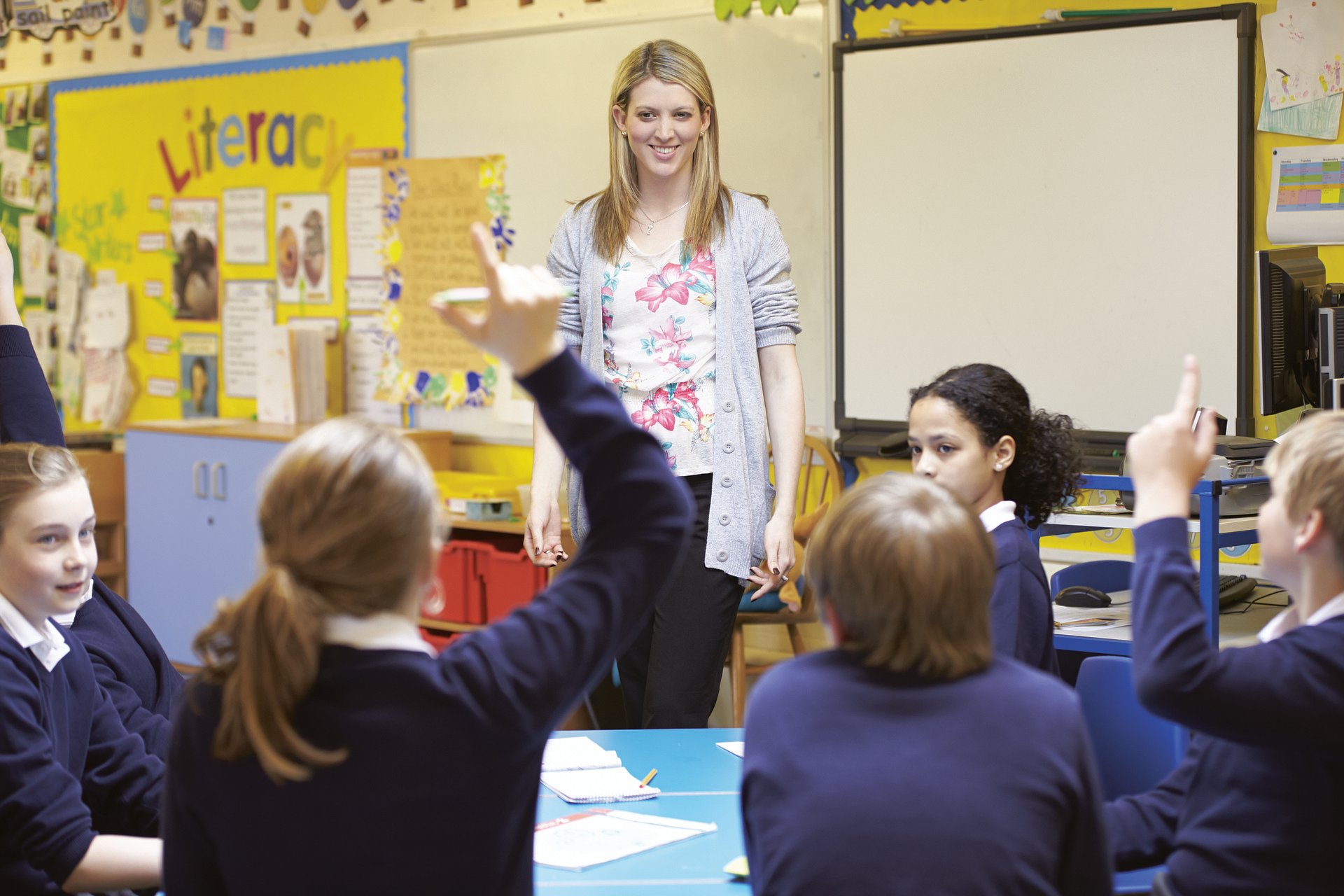
Preparing these new student profiles involves teaching them to think and do so critically, to solve problems and challenges (with contributions from robotics, artificial intelligence, the sense of algorithms, etc.), to know and put into practice the soft skills: communication skills, the ability to manage information well, decision-making and conflict resolution, collaborative teamwork, the appropriate use of time, stimulating divergent thinking and creativity…
In short, we should not underestimate the model that underlies the current legislation: it focuses on a competency-based vision of education. Still, it makes it possible by changing – as a priority – methodologies and assessment. Pedagogy and didactics can be more useful than ever.
References
[1] Ley Orgánica 3/2020, December 29th and published on December 30th 2020, by which Ley Orgánica de Educación (LOMLOE) 2/2006, May 3rd was modified.
[2] Ley Orgánica 2/2006, de 3 de mayo, de Educación (currently repealed)
[3] Roca, E. (12 de abril de 2021). La autonomía curricular. El Punt Avui. [checked: 22/11/2021]. http://www.elpuntavui.cat/opinio/article/8-articles/1951559-l-autonomia-curricular.html
[4] Organisation of the objectives, content, educational methods and teaching and learning structures that make up the school curriculum.
[5] Definition curricular design: https://www.enciclopedia.cat/ec-gec-0272475.xml [checked: 05/14/2021]
You might also like

